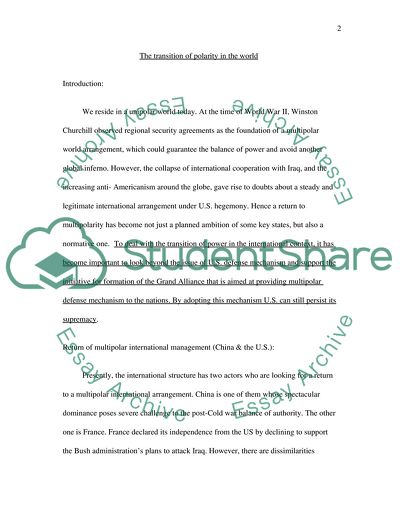Cite this document
(“Not Found (#404) - StudentShare”, n.d.)
Not Found (#404) - StudentShare. Retrieved from https://studentshare.org/politics/1727357-the-transition-of-polarity-in-the-world
Not Found (#404) - StudentShare. Retrieved from https://studentshare.org/politics/1727357-the-transition-of-polarity-in-the-world
(Not Found (#404) - StudentShare)
Not Found (#404) - StudentShare. https://studentshare.org/politics/1727357-the-transition-of-polarity-in-the-world.
Not Found (#404) - StudentShare. https://studentshare.org/politics/1727357-the-transition-of-polarity-in-the-world.
“Not Found (#404) - StudentShare”, n.d. https://studentshare.org/politics/1727357-the-transition-of-polarity-in-the-world.


